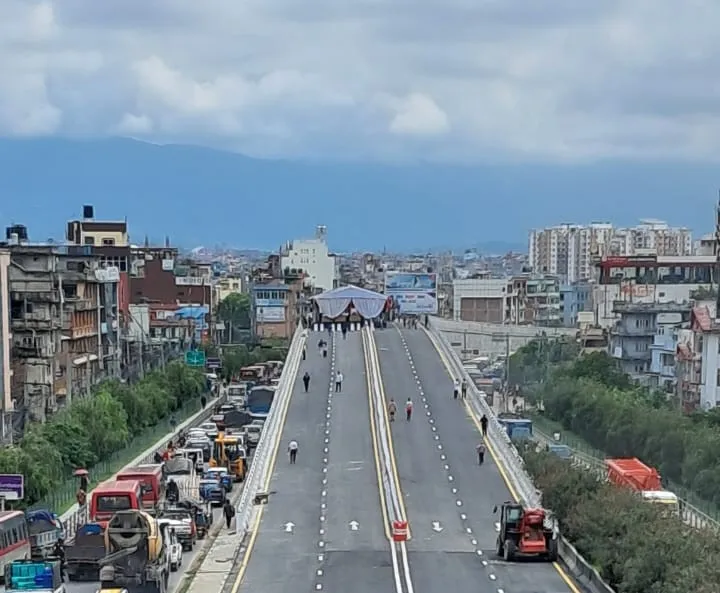The Israel National Roads Company has awarded a tender to The Mordechai Binyamin for the construction of the Golani interchange.
February 24, 2012
Read time: 1 min
The 2602 Israel National Roads Company has awarded a tender to The Mordechai Binyamin for the construction of the Golani interchange. The infrastructure company won the bid for its low cost tender as well as its commitment to minimising construction time. The new Golani interchange forms part of the Netivei Israel project, a plan designed to improve transport links between the centre of Israel and the Negev and Galilee.
The project will be implemented using the Design Build method, according to which the tender winner is also responsible for planning the interchange and not only its construction. Five companies bid for the project, which has an estimated value of some US$ 100 million. The Golani interchange is the first of seven new interchanges that will be built along Road 77, as part of the plan to create an uninterrupted transport artery, without any traffic lights that will connect the centre of the country to the north.
The project will be implemented using the Design Build method, according to which the tender winner is also responsible for planning the interchange and not only its construction. Five companies bid for the project, which has an estimated value of some US$ 100 million. The Golani interchange is the first of seven new interchanges that will be built along Road 77, as part of the plan to create an uninterrupted transport artery, without any traffic lights that will connect the centre of the country to the north.









